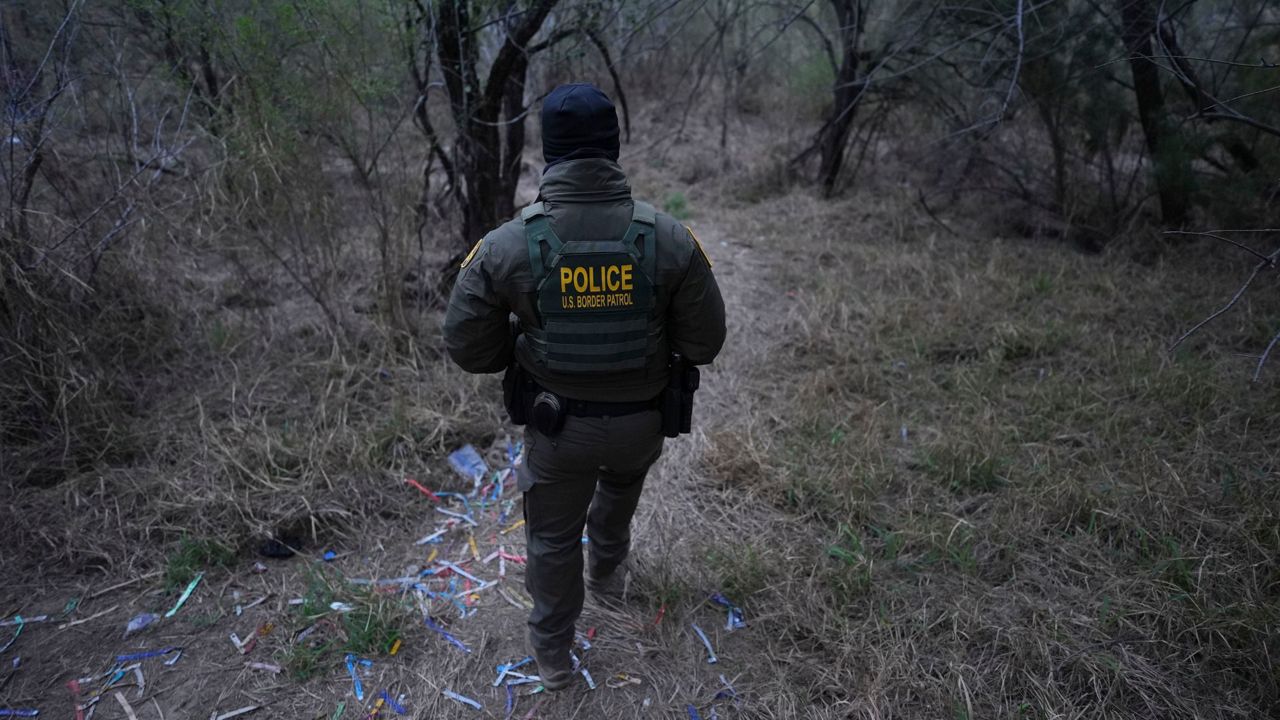AUSTIN, Texas — When the Supreme Court of the United States overturned Roe v. Wade last month, Justice Clarence Thomas argued that the court should also revisit several past rulings, like the one that legalized same-sex marriage. Now, LGBTQ+ Texans fear they have an uncertain future.
What You Need To Know
- LGBTQ+ Texans' concerns grow after the overturning of Roe v. Wade, as it could lead to the overturning over past decisions such as same-sex marriage
- There are several cases going through Texas courts right now that would limit LGBTQ+ protections in the state
- It is too soon to know what rights might be taken away until court cases are decided and the legislative session begins
Vox Jo Hsu, an assistant professor of rhetoric and writing at the University of Texas at Austin, said the state’s anti-trans laws and some rhetoric among Texas lawmakers have been “devastating.”
“It not only creates that very real legal threat, but also creates a social environment where we’re all made more aware of how little people are willing to do to keep us in their communities,” Hsu said.
Hsu said words can often be used to foster care and connection across differences. At the same time, language can be used to hurt people.
“The thing about rhetoric is that it’s super powerful in that it is both a way to do things, and it’s a way to not do things,” Hsu said. “We can also use rhetoric as a way to prevent connection, as a way to cast particular people as inherently criminal, or inherently outsiders, as people who don’t belong.”
There are several cases going through Texas courts right now that would limit LGBTQ+ protections in the state. The cases are titled Brian Keith Umphress vs. David Hall, et al. and Dianne Hensley vs. State Commission on Judicial Conduct. These would allow marriage officiants to deny services to same sex-couples based on their religious beliefs. Rachel Hill, the government affairs director with Equality Texas, said the two cases threaten marriage protections.
“It’s not necessarily as much as an overturning of marriage equality, as it is a chipping away of people saying: ‘I don’t want to marry you, or I don’t want to serve you,’” Hill said.
Mary Elizabeth Castle, the senior policy adviser with Texas Values, said the organization supports this “religious liberty.” She said Christian businesses in Texas should be able to make decisions based on their values. Castle also said Texas Values’ legislative goals include preventing trans Texans from participating in female sports and limiting education about LGBTQ+ issues in Texas schools.
And while Castle said the organization is not focused on making same-sex marriage illegal in the state, it would support it in the next legislative session.
“If the opportunity presents itself to affirm and protect marriage, we would be willing to file a bill if that’s necessary,” Castle said.
But Hsu said marriage is more than honoring a relationship before an officiant.
“We still have so, so far to go in terms of making a world that is more livable for queer and trans people,” Hsu said. “And this takes all of that off the table and moves us all the way back to gay marriage, which was just a very basic, right... Marriage is a way that we access a lot of things through the law. And so that becomes a necessary right for a lot of people to have health insurance, to visit their partner when they’re in the hospital, to adopt children.”
Now that Roe has been overturned, some members of the LGBTQ+ community are worried that other precedents will follow. But, Hill said it’s too soon to know what rights might be taken away until court cases are decided and the legislative session begins.
“I think it’s hard talking about the worries of what might come next, partially because we’re under siege currently still, from the state level,” Hill said. “And so a lot of our resources and our effort go into fighting the bills that come every session in Texas. Last session, we had 76 anti-LGBTQ+ bills. So it’s a lot. It feels like an onslaught. That’s always our first priority, because that is current harm. And then, in terms of what cases might come next, a lot of the cases that are winding their way through the courts are chipping away at those precedents.”
For now, Hsu said they know a lot of people who are considering leaving the Lone Star State in light of certain political decisions. But Hsu has decided to stay put for now.
“I’ve had some talks with my partner about, you know, under what conditions will we have to leave right if I can’t get health care, if our relationship can’t be honored? So, like a lot of people, I’m waiting to see what happens,” Hsu said. “I would like to stay; I have every intention to stay. The community here matters to me. And even if I have the privilege to leave, a lot of people don’t. Something that folks don’t realize all the time is that Texas has the second largest trans community in the United States. And so there are a lot of good people here. There are a lot of people worth fighting for here. And that’s something that I intend to do for as long as I can.”











